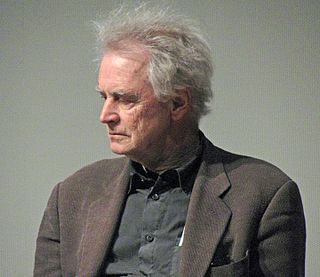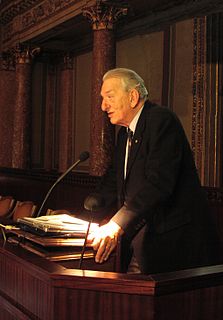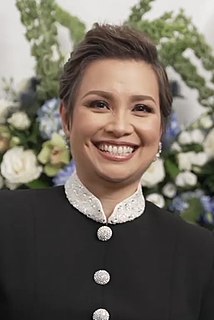A Quote by Roger Zelazny
At Case Western Reserve University in Cleveland, I started taking psychology courses. I was interested in the nature of the human mind, the structure itself, pathologies with which it is afflicted. I really intended to be a writer all along, but I needed to take a subject that I could make a living at, either teaching it or doing it.
Related Quotes
I earn my living by teaching film, mostly filmmaking but also teaching courses on current cinema. I'm interested in movies. I hope that's not all I'm interested in. In that sense, it's maybe a little misleading. I don't expect to make another movie about films, but I may continue to write about them.
I was in school, but I wasn't into school. I wasn't doing what I wanted to be doing in school, which was film studies. That was what I intended on doing, but I didn't go away to a university because I wanted to stay in L.A. and audition while I took classes, so I elected to go to a community college and just take G.E. courses. It was terrible.
I've known for years that the university underserved the community, because we assumed that university education is for 18- to 22-year-olds, which is a proposition that's so absurd it is absolutely mind-boggling that anyone ever conceptualized it. Why wouldn't you take university courses throughout your entire life?
There is a gap between the knowledge, skills, or state of mind of the learner and what he is to learn, which it seems to me any teaching activity must seek to bridge if it is to deserve that label. Teaching activities must therefore take place at a level where the pupil can take on what it is intended he should learn.
I was at Rutgers University, and that was a center for Fluxus in a way. But it wasn't what I was interested in. All of it had an impact - as did happenings - because I could see that art was changing from expressionism, which I was doing at the time, or thought I was doing. But it wasn't the direction I really wanted to go.
I started doing 'figures', then, one day, all of a sudden, I started doing abstraction. And then I started doing both. But it was never really a conscious decision. It was simply a question of desire. In fact, I really prefer making figurative work, but the figure is difficult. So to work around the difficulty I take a break and paint abstractly. Which I really like, by the way, because it allows me to make beautiful paintings.
For us, mind has nature for its premise, being nature's truth and for that reason its absolute prius. In this truth nature has vanished, and mind has resulted as the idea arrived at being-for-itself, the object of which, as well as the subject, is the concept. This identity is absolute negativity, for whereas in nature the concept has its perfect external objectivity, this its alienation has been superseded, and in this alienation the concept has become identical with itself. But it is this identity therefore, only in being a return out of nature.
I took some voice lessons here and there as a teenager but nothing too serious. I started taking it more seriously when I was in Miss Saigon. I needed to improve my technique in order to survive doing that show as many time a week as I was doing it. It's not an easy show to sing, so I needed all the help I could get.
Of course I can have a simple reaction of sympathy and sorrow to destruction. But you also know that you can't have new things if you don't occasionally destroy the old. That's something you're really not allowed to say because things are often destroyed according to particular power relations so it means taking a stand in those cases, which I am not really interested in doing either. I think I am simply interested in looking.






































